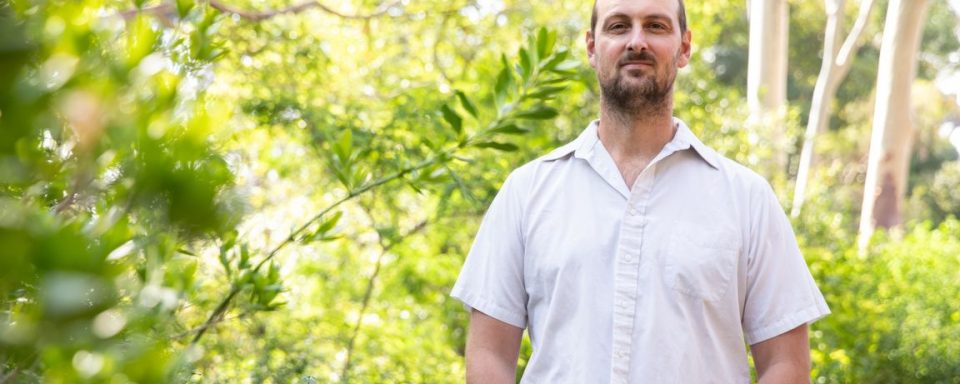Featured speakers
Public keynote speaker: Robin Wall Kimmerer
Talk will live stream form NAU’s YouTube Channel: Public Keynote Speaker: Robin Wall Kimmerer

Tuesday, September 9, 2025 7:00-8:30 PM
NAU Prochnow Auditorium, Book signing to follow
Free & open to the public
Robin Wall Kimmerer is a mother, scientist, decorated professor, and enrolled member of the Citizen Potawatomi Nation. She is the author of The Serviceberry: Abundance and Reciprocity in the Natural World, Braiding Sweetgrass: Indigenous Wisdom, Scientific Knowledge and the Teachings of Plants, and Gathering Moss: A Natural and Cultural History of Mosses. She lives in Syracuse, New York, where she is a SUNY Distinguished Teaching Professor of Environmental Biology, and the founder and director of the Center for Native Peoples and the Environment.
Talk will live stream form NAU’s YouTube Channel: Public Keynote Speaker: Robin Wall Kimmerer
Science keynote speaker: Park Williams
Professor, Dept of Geography, UCLA

Tuesday, September 9, 2025 8:00-9:00 AM, NAU du Bois Ballroom
Free & open to the public
Hydroclimate extremes, wildfire, and water resources in the western United States
Over the past four decades annual wildfire area in the western US has more than tripled, driven largely by a 10-fold increase in annual forest-fire area. Forest fires have become not only larger, but also more severe, and the explosive rise in western US forest-fire activity has occurred despite humanity’s best efforts to suppress it. Atmospheric warming and drying, driven largely by human-caused climate change, has played a major role in promoting the increasingly large and severe fires, though natural ocean-atmosphere variability, fuel characteristics, human ignitions, and firefighting have also been important. This talk will use observations and modeling to assess how climate change, natural variability, and fuel dynamics have interacted to drive increasingly extreme fire activity in western US forests. I will also explore how these fires are affecting streamflow and altering the relationship between precipitation, water resources, and flood risks across the region.
Park is a hydroclimatologist whose research aims to understand the causes and consequences of hydrological extremes such as drought. Much of his research focuses on hydroclimatology in its own right. His work also aims to improve understanding of how hydrological extremes affect life on earth (bioclimatology). Questions that he finds especially interesting involve the effects of human-caused climate change on the hydrological cycle, ecological systems, and humanity through extreme events such as heat waves, wildfires, and flooding.